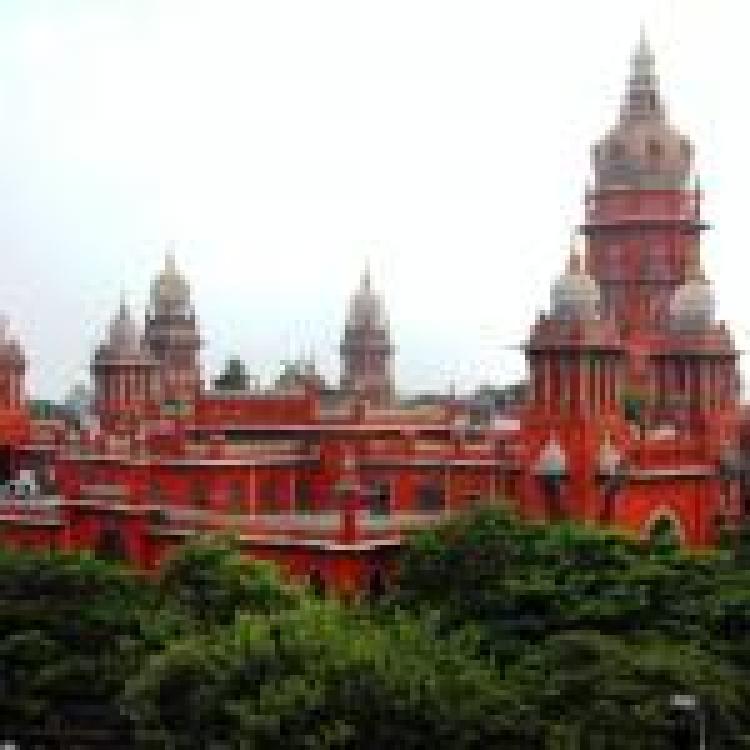
India's Supreme Court
The Supreme Court of India has expressed unhappiness with the Tamil Nadu Government for failing to make a timely decision over the pardon plea by AG Perarivalan, a Tamil man who has been spent decades imprisoned over the Rajiv Gandhi assassination case.
The remarks from the supreme court were made during A.G. Perarivalan's hearing, asking for the suspension of his life sentence until the investigation by CBI-led Multi-Disciplinary Monitoring Agency (MDMA) is completed. However, the matter has been pending before the governor for the last two years.
The MDMA is investigating the “larger conspiracy” behind the Rajiv Gandhi assassination in 1991, which is claimed to have spread to foreign countries such as United Kingdom, Sri Lanka, with the CBI waiting for replies to the rogatory letters sent to foreign jurisdictions, Solicitor General KN Nataraj told the bench.
Supreme Court Justice L. Nageswara Rao, replied to these claims stating, “this larger conspiracy investigation is pending for the past 20 years... still, you are waiting for details from the U.K., Thailand?” He also went on the say, “[the] larger conspiracy probe is only to prove if any other people are involved. It is not for them [people already convicted]."
Furthermore, the bench formally asked the Tamil Nadu Government to request that the state Governor expedite his decision in AG Perarivalan’s case. However when the bench was asked why they do not directly intervene in the case they replied stating, "we don't want to exercise our jurisdiction, but we are not happy with how this recommendation has been pending for two years". "Tell us what the law and cases are which can allow us to do it. We want the Governor to pass orders," stated the bench.
Perarivalan’s Difficult Circumstances while on Death Row
Perarivalan was given the death penalty in 1991 for his involvement in the conspiracy to assassinate the former Prime Minister. He was charged with providing a 9-volt battery to alleged co-conspirator Sivarasan, which was used in the explosive device that killed Rajiv Gandhi. In 2014, the apex court commuted his sentence to life imprisonment, on grounds of an 11 year delay in deciding the mercy pleas by the Centre.
In court, Perarivalan argued that he faced a “grave [amount of] prejudice” and stated he developed “death row syndrome,” a phenom which describes the dehumanizing effects of living on death row for a prolonged period of time.
Perarivalan said he was a “19-year-old boy when his mother handed him over to the CBI and now he is 45 years old, lost all his prime youth in prison that too in death row under solitary confinement for more than 16 years.”
He went on to say, his “aged mother and father are waiting for their only son to join at least in the last years of their life”.
Furthermore, in a July hearing of his case, Arputham Ammal, the mother of Perarivalanm, urged the court to intervene and grant her son parole for 90 days due to his deteriorating health condition. "Perarivalan is very ill and has high blood pressure. We want him to be able to stay at home during the pandemic, in order to avoid infections," said his lawyer, Advocate Sivakumar.

